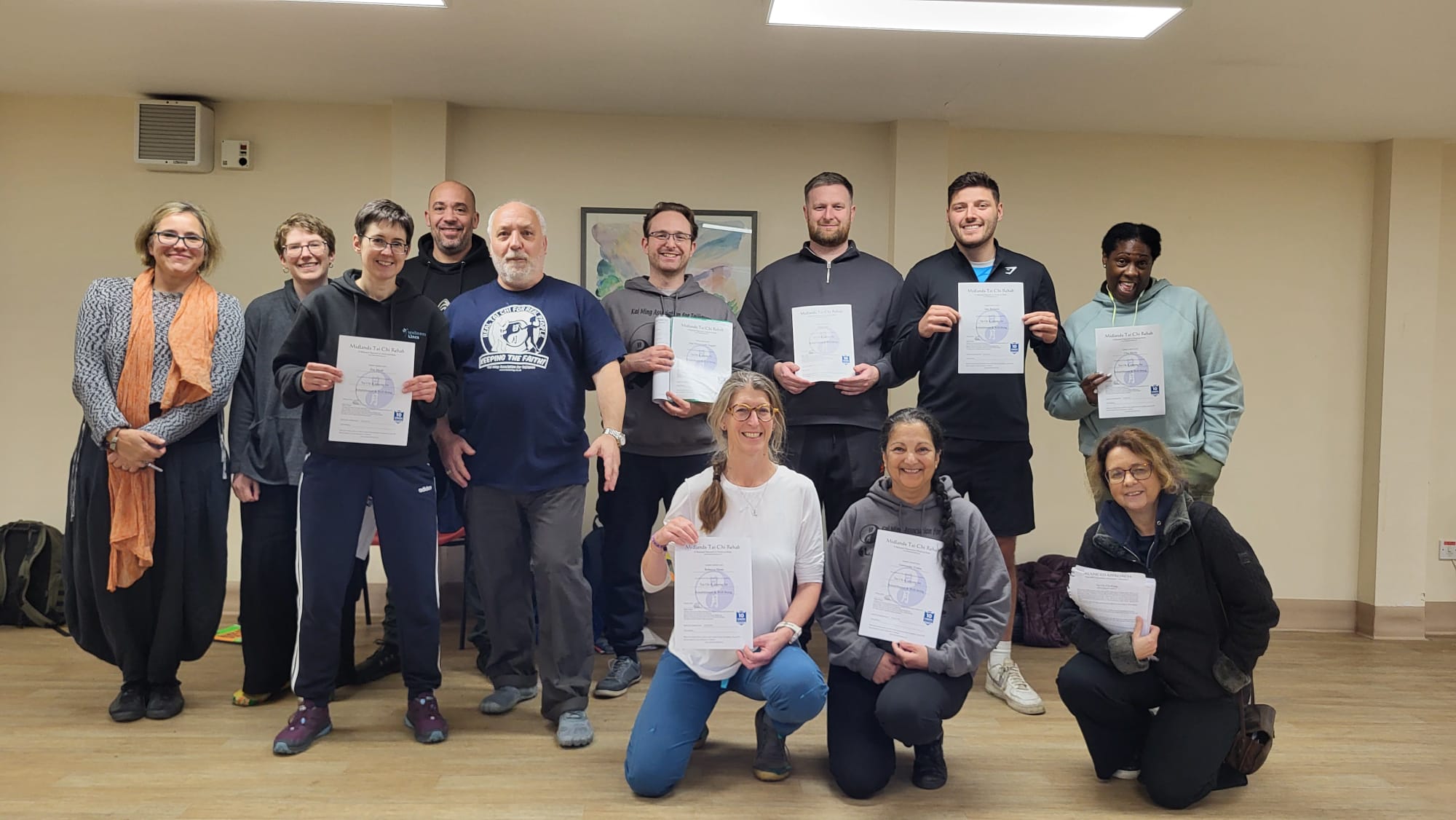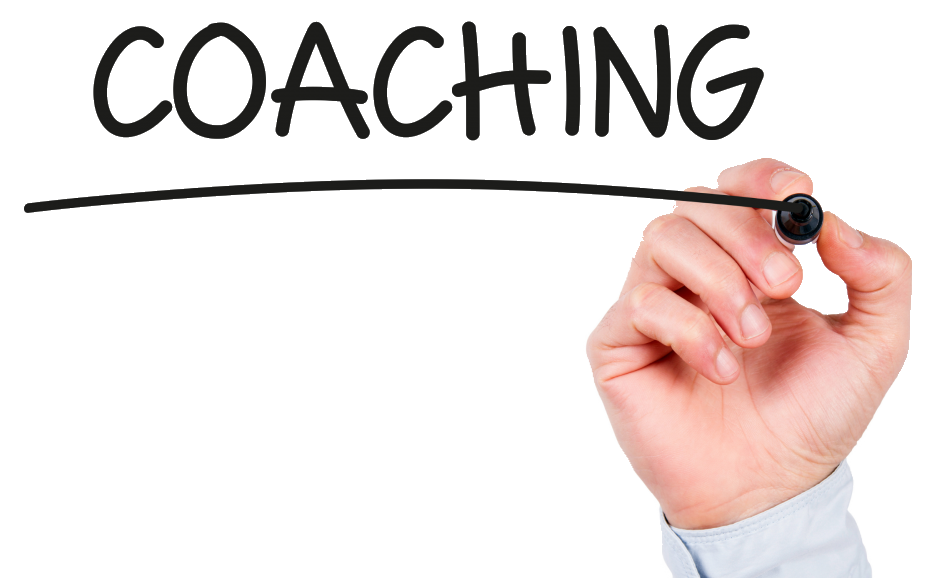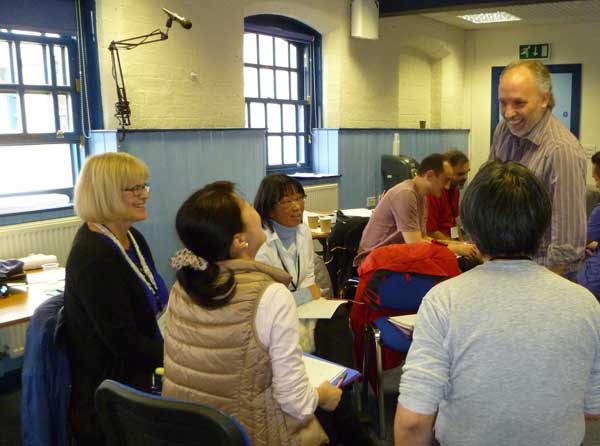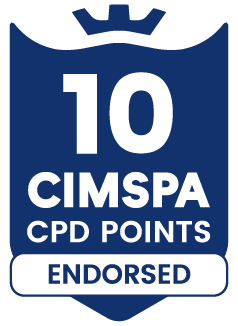Tai Chi & Qigong Instructor Training
for CIMSPA Professionals

Receive accredited training from the field leader
Mark Peters, the lead trainer and owner of Midlands Tai Chi rehab, worked with the CIMSPA team and developed the National Standards all other providers have to now meet.
In addition this, Midlands Tai Chi Rehab also achieved the highest quality standard award as a training provider from CIMSPA, and are proud to have been invited to be part of the Training Academy.
And are currently the only endorsed and approved tai chi & qigong training provider.
Course details:
Click on the links for course content. (will open in a new window)
- Tai Chi for Rehabilitation course (8-days in modules)
- Tai Chi Qigong for Well-Being course (2-days)Tai Chi Qigong for Well-Being course (2-days)
Please complete the form below for more details and to take that next step on your professional tai chi & qigong training journey.

Coaching Training
The National Standards require two components to be a qualified tai chi & qigong instructor:
- Technical skills certificate – tai chi and/or qigong
- Level 2 group exercise instructor coaching qualification
This nationally recognised coaching course is delivered by Sport Structures and covers the skills required to deliver safe, progressive coaching sessions and support their learners. We, Midlands Tai Chi Rehab, deliver the technical skills courses.
This Level 2 coaching course maps to the CIMSPA professional standard for coaches, and when completed in conjunction with our tai chi & qigong course, meets the requirements to be a tai chi and/or qigong instructor member of CIMSPA.
The coaching course is delivered online. If you’re interested in learning more about the course or enrolling, see the breakdowns of the award below.
For more details of the tai chi qigong course, click the links below:
- Tai Chi for Rehabilitation course (8-days in modules) details
- Tai Chi Qigong for Well-Being course (2-days) details

Level 2 Certificate in Coaching
This course will support learners to develop the knowledge and skills required to lead their own coaching sessions within their own environment. The course will cover the following topics:
- Developing your role as a coach
- Developing your coaching practice
- Understanding the individuals you coach
- Managing relationships
- Developing the coaching environment
- Protecting self and others
- Planning progressive coaching sessions
- Delivering progressive coaching sessions
- Reviewing progressive coaching sessions
Safeguarding
In addition to completing this course, learners will also be required to complete a for which there is an additional nominal fee. Successful completion of the course will enable learners to coach independently, without the supervision of a Level 2 coach.
Enquire/Book for the Level 2 Coaching Course
This nationally recognised coaching course is open to anyone booking and attend the tai chi & qigong courses provided by Midlands Tai Chi Rehab who are at least 18 years of age.
To see full course enrolment requirements and pricing, click the button below (note this will open the website of the training provider, Sport Structures, in a new window).
Mark Peters, lead trainer, Tai chi & qigong for rehabilitation
 Mark has over 30 years training and experience in tai chi and qigong, and 20 years in patient rehabilitation.
Mark has over 30 years training and experience in tai chi and qigong, and 20 years in patient rehabilitation.
In addition to training NHS staff in tai chi for falls prevention, he regularly speaks at national conferences.
This expanded into both acute and chronic patient work in both mental and physical health.
Before COVID Mark held a 5-year contract with the NHS working with COPD patients. During this time he achieved more than double the national average for patient retention, many of who continued after the 6 weeks by moving to community classes.
Mark has been involved in several research projects including an 18-month phase III & IV cardiac rehabilitation research project which led to the funding of the only tai chi DVD available on the NHS.
The most quoted recent study was “Tai Chi is an effective form of exercise to reduce markers of frailty in older age” which is often referred to as Tai chi-V-Zumba and was also featured on Trust me I’m a doctor with Dr. Michael Moseley.
Mark is one of the original members of the Tai Chi & Qigong Union for Great Britain (when formed as the TCUGB in 1991), Senior level instructor, and Honorary President. He was also the Chairman of the TCUGB for several years. Now renamed to Tai Chi Internal Arts (TCIA).
He wrote the Tai Chi & Qigong CPD standards for REPs in 2010 and led the team developing the National standards with CIMSPA issued on 2022
He has trained staff at The National Star College which is an independent specialist further education college for people with physical disabilities, acquired brain injuries and associated learning difficulties.
He was asked to form the NHS network site tai chi & chi-kung for patient rehabilitation which shares research as well as background information for staff and the public. The site is regularly updated and can be found at https://networks.nhs.uk/groups/tai-chi-qigong-for-rehabilitation/
He has now linked this to the Tai Chi & Qigong Union for Great Britain so interested people can access the list of instructors.
To date, Mark has not found an area in mental or physical health that is not able to benefit from tai chi & qigong and continues to train staff both nationally and internationally.
If you are interested in Mark talking at your conference or delivering training to your staff please contact him at This email address is being protected from spambots. You need JavaScript enabled to view it. or phone +44(0)121 251 6172

Our policies and procedures are available by clicking on the links below:
Quality Monitoring and Standardisation Schedule
Reasonable Adjustments and Special Consideration Policy
Maladministration and Malpractice Policy
Scheme of works
- Tai Chi Qigong for Well-being 2-day course
- Tai Chi & Qigong for Rehabilitation and Well-being 8-day course
For course details and dates please visit our homepage at Tai Chi for Rehabilitation
Employability Leisure Guides
, in partnership with Aspire, has released three guides to support the industry in attracting more disabled people to the sector's workforce.
These guides can be accessed at
Level 2 Coaching course with Sports Structures
This level 2 coaching qualification is mapped to the CIMSPA national standards and taught online (self-led).
For more information, visit our level 2 Coaching Training page
BCCMA Professional Standard Coach Course
We worked with the BCCMA to help develop the coaching course component that meets the requirements of the national standards for tai chi and qigong. The standards have two components:
1. Coaching certificate
2. Technical certificate
We provide the technical certificate, (tai chi and/or qigong)
Please note: this coaching course is only applicable if you have at least three years martial arts training
Details of the BCCMA coaching qualification are available at:
The BCCMA Professional Standard Coach course (Endorsed by CIMSPA) and covers all the content of the NGB Level 2 course plus additional content stipulated by CIMSPA. The course is split into two parts
- Part 1 looking at Participant Experience, Participant Welfare, Roles of the coach/team and Professional Practice.
- Part 2 looking at the 3 stages of the coaching process Planning, Delivering and Reviewing. Part 2 can only be booked on completion of Part 1.
The course is a mixture of Lecture, syndicate exercises and home assignments.
The national professional standards our Tai Chi and Qigong technical certificates map to are available on the CIMSPA website at
Tai Chi Qi Gong (TCQ) for Well-Being (2-day course)

Click here for cost and payment options
This email address is being protected from spambots. You need JavaScript enabled to view it.
Typical conditions the program will benefit include:
Falls Prevention, to include: Arthritis, pain management, sarcopenia, brain injuries (including stroke recovery).
Cardiovascular Rehabilitation to include: Heart, Pulmonary, circulatory system, asthma/respiratory system (COPD).
Overview
A holistic mind-and-body approach is applied. The program includes both seated and standing tai chi qigong (shibashi) designed to improve mobility, balance and confidence. The set is progressive and can be speeded up to make it more aerobic as people progress over the weeks. In addition to learning tai chi qigong, the program covers history of tai chi, mindfulness, relaxation and motivation.
Outcomes
The aims and objectives of the program are to introduce patients/students to a progressive form of exercise for mind and body. The gentle nature of tai chi qigong (shibashi) makes it ideal for all levels of fitness and mobility. As the practice of tai chi qigong is so accessible, it has been found that people practice more regularly and look to progress further into the art of tai chi. The overall aim is to encourage, those taking part, to continue exercising in the long term and thereby gaining the longer-term benefits of tai chi and qigong.
Who would benefit from attending?
Physiotherapists, Occupational Therapists, specialist activity professionals (e.g. cardiac rehab instructors), specialist nurses, tai chi instructors and personal trainers. Please note, if you feel you may be suitable but your profession has not been mentioned, do contact us to discuss.
Minimum entry requirements
Minimum level 2 group exercise instructor, Exercise to music (ETM) qualification, or similar, or relevant experience. This email address is being protected from spambots. You need JavaScript enabled to view it..
For details of the level 2 course, visit our coaching page
Delivery and assessment
The program is delivered with a mix of theory, discussion and practice. The experiential nature of the training means there is no final exam, as assessment is done on an ongoing basis.
Training breakdown (schedule of works)
Days: 9.30an to 4.00pm
Day 1
- Introduction to Tai Chi plus research into Tai Chi for rehab
- Introduction to tai chi qigong (shibashi) 18 exercises
- “Learn to fix yourself before you can help others” – understanding the importance of your own balance, stability and coordination.
Day 2
- Understanding body mechanics and intrinsic strength through Tai Chi
- Loosening exercise for improved circulation and mobility.
- Continue tai chi qigong (shibashi)
- discuss example cases to give clear examples of Tai Chi usage
- Mindfulness, relaxation and motivation.
Accreditation
This program is accredited by the Chartered Institute for the Management of Sport and Physical Activity () and awarded 10 development points (CPD) which is the maximum possible.

What certifcation will I receive?
You will receive a certificate in “Tai Chi Qigong (TCQ) for Well-being”. You can opt to upgrade this to the full Tai Chi for Rehabilitation Course by attending the additional modules. Our programs are the only Tai Chi programs accredited by CIMSPA

Where and when is the course?
The course will be live face-to-face.
, Redditch Road, Hopwood. Worcestershire. B48 7AL
(just off Junction 2 M42)
Note: Zoom may be an option based on your experience. please complete the contact form below or call Mark on +44 (0)7831 743737
Dates
courses run every year. for the latest dates please complete the form below or visit the homepage https://www.midlandstaichirehab.co.uk
Book and pay
2-day tai chi shibashi for well-being course £385 per person
Payment can be by invoice, bank transfer or use the Paypal button below